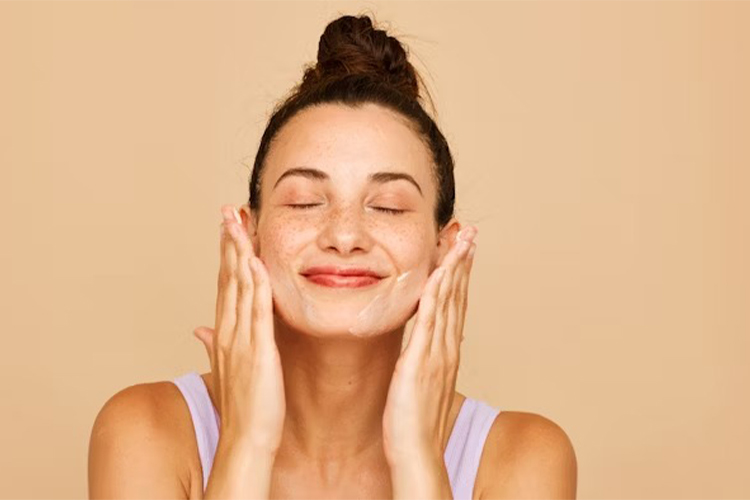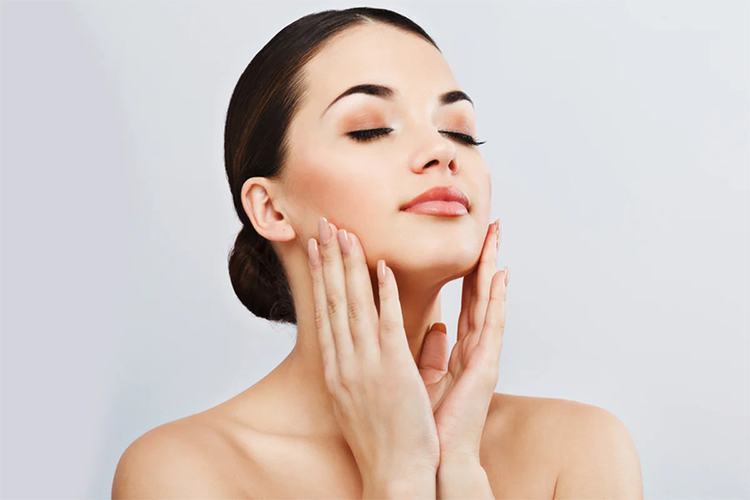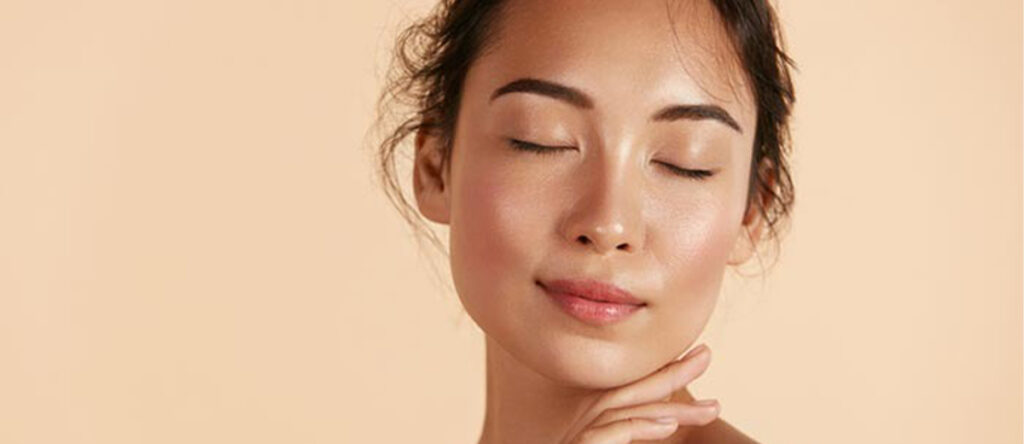The list of popular ingredients in the skin care industry is constantly evolving. The once popular and now controversial ingredient propylene glycol is replaced by butylene glycol — a compound believed to be less harmful to skin (1), (2). There are many benefits of butylene glycol for skin. It is incredibly effective and produces extremely positive results after the first use. In addition, it has a light texture and provides excellent hydration to the skin. It is suitable for all skin types.
This article is for you if you have any doubts about using products that contain butylene glycol. We will go through the advantages, uses, advantages, disadvantages, concerns and precautions of using this component. Let’s begin!

What is butylene glycol?
Butylene Glycol is a type of organic alcohol derived from petroleum, distilled corn, and sugar cane. It is a common ingredient in many personal care products and is widely recognized in dermatology for its anti-aging properties and beneficial effects. This water-soluble ingredient works great as a texture improver and is similar to Propylene Glycol but with a lighter texture. In appearance, it is a clear, odorless, viscous liquid. It is known for its slightly sweet taste and bitter aftertaste.
There are four forms of butylene glycol that vary in composition and provide a variety of skin care benefits depending on their formula and structure.
1,2-Butanediol: It acts as a humectant and solvent. It is extremely effective in reducing the overall viscosity of a product and improving the skin penetration ability of other ingredients.
1,3-Butanediol: This is the most commonly used form of butylene glycol. At the same time, it is an effective alternative to propylene glycol and glycerin because of its better dissolving power. It also has moisturizing properties, reduces the viscosity of products while preventing their drying and crystallization. It is considered non-toxic because it does not cause skin irritation at a safe concentration.
2,3-Butanediol: It is an effective viscosity reducer but is not commonly used in skin care products. Because not much research has been done to understand the toxic side effects, this form of butylene glycol has not yet been used in skin care products.
1,4-Butanediol: It is typically used as a solvent in cosmetic products. However, it offers limited properties and is commonly used in eye products as it is non-irritating to the eyes.

1. Moisturizes and smoothes the skin
Butylene Glycol acts as an emollient and humectant, helping to retain skin moisture by creating a barrier on the skin. This ultimately prevents water loss and nourishes the skin from the inside. Thus, in theory, it functions as a perfect skin care product (3).
2. Acts as an effective solvent
Butylene glycol is poorly soluble and is often combined with ingredients that are not water soluble. Due to its solvent properties, poorly soluble ingredients can be easily broken down without clumping, allowing for easy application and improved product penetration (4).
3. Moisturizes the skin
Due to its moisturizing properties, butylene glycol easily binds water and attracts water molecules to the outer layer of skin (5). Thus, it can provide the skin with sufficient moisture.
4. Treats acne
Butylene glycol is commonly used in moisturizers to treat acne. Although this ingredient may not treat acne directly, its moisturizing and loosening properties help treat the associated symptoms of dry, acne-prone skin (6).
Note: Before using this ingredient, consult a dermatologist about your acne symptoms, the cause of your acne, the level of skin sensitivity, etc., otherwise your acne may become worse.

5. Acts as a viscosity reducing agent
Butylene Glycol ensures that the other ingredients in your skin care product do not stick to each other, thus ensuring a fluid and even consistency of the product.
Now that you understand the benefits of butylene glycol, let’s turn to the elephant in the room.
Is Butylene Glycol Safe for Skin?
Although butylene glycol is used in antifreeze because it lowers the freezing point of water, it is not as toxic as ethylene glycol. However, there is still a lot of controversy surrounding this ingredient due to the following misconceptions:
Its manufacturing process is unsustainable: because this ingredient is synthetic, there is a misconception in the beauty industry that it is toxic, when it is not. According to the Environmental Working Group, butylene glycol is rated 1 out of 10 (with 10 being the most dangerous) on the “hazard scale” (7).
Sensitivity Due to High Levels in Manufacturing Process: Because high levels of butylene glycol are used in the manufacture of skin care products, there is a concern that irritation and sensitivity could occur. But if the right manufacturing safety guidelines are in place, there is no need to worry.
It dries out your skin: Butylene glycol doesn’t dry out your skin or make it irritable, even though it’s an alcohol.
The truth is, as long as you’re not allergic to it and don’t have very sensitive skin, you can use products containing butylene glycol every day. Due to its approved uses in cosmetics and skin care, it is considered safe.
Finally, let’s go through the side effects and precautions to keep in mind.
In summary, butylene glycol is a commonly used ingredient in skin care and cosmetic products known for its moisturizing, smoothing and viscosity reducing properties. Derived from organic sources such as petroleum, corn, and sugarcane, it comes in a variety of forms with different benefits.
Overall, butylene glycol is considered safe for the majority of users as it is rated low on the hazard scale by the Environmental Working Group. However, as with any skin care ingredient, there is a possibility of allergic reactions in some individuals. Therefore, it is important to patch test before using any product containing this ingredient, especially if you have sensitive skin.


